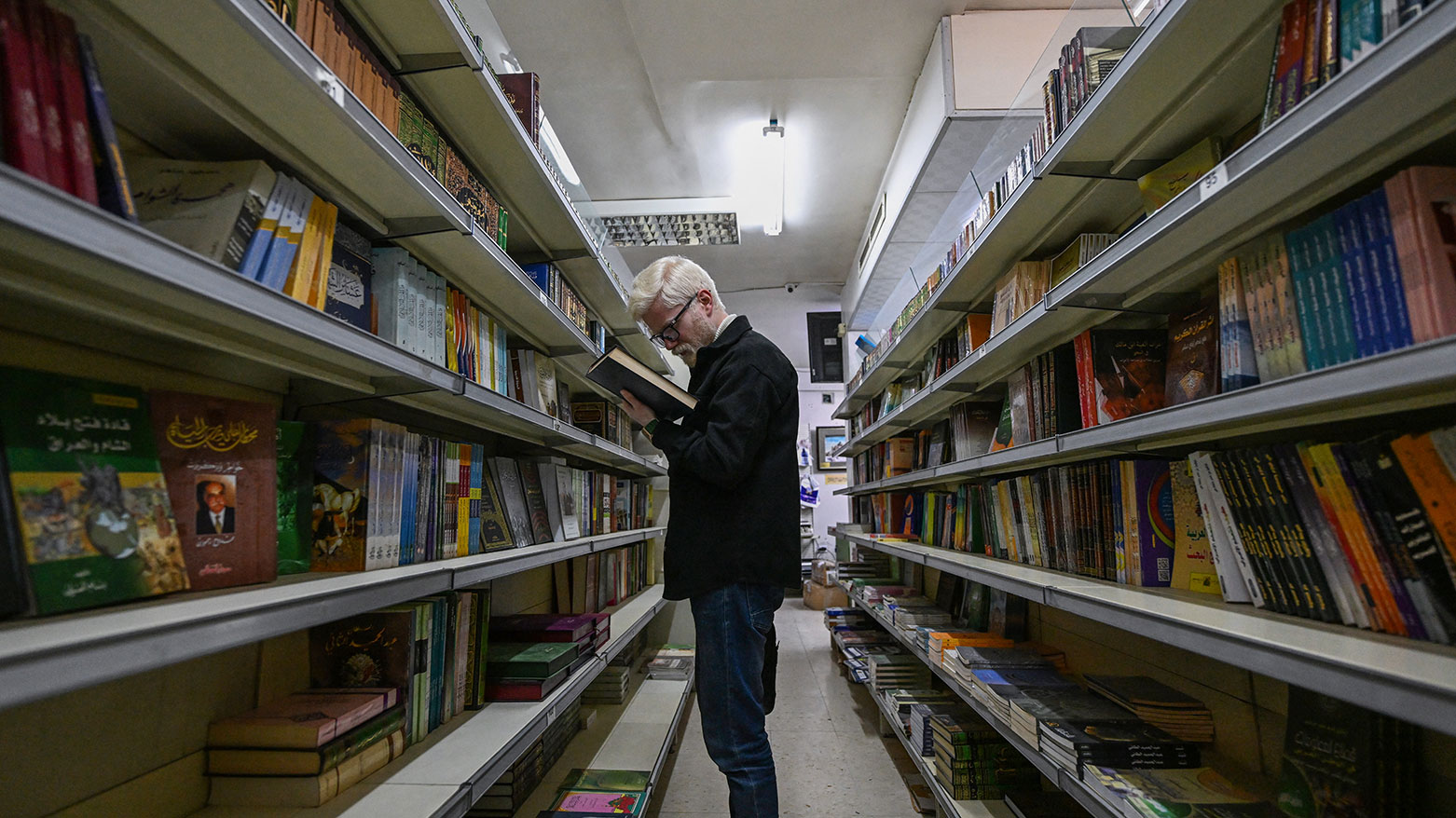Syria writers urge new leaders to respect public freedoms
The publication of the petition came two days after the Islamist leader of the rebel offensive that toppled Assad, Ahmed al-Sharaa, was named interim president.

DAMASCUS (AFP) - Dozens of Syrian writers, artists and academics signed a petition posted online on Friday calling for the respect of public freedoms after the overthrow of Bashar al-Assad in December.
The publication of the petition came two days after the Islamist leader of the rebel offensive that toppled Assad, Ahmed al-Sharaa, was named interim president.
"We call for the restoration of fundamental public freedoms, foremost among them the freedoms of assembly, protest, expression and belief," the petition said.
"The state must neither impose nor interfere in people's customs regarding food, drink, clothing, or other aspects of daily life," it added, alluding to fears that the new authorities might impose Islamic law.
Sharaa promised Thursday to hold a "national dialogue conference" to help shape a "constitutional declaration" that will would serve as a "legal reference" during the country's transition.
The signatories called for "the election of a constituent assembly under a fair electoral law and the adoption of a new constitution that guarantees freedom and dignity for all citizens, men and women alike".
Among the signatories were award-winning filmmaker Waad Al-Kateab and Mustafa Khalifa, author of "The Shell", an autobiographical account of an atheist mistaken for a radical Islamist and who was imprisoned for years.
Since Assad's overthrow, deadly fighting has continued in northern Syria between Turkish-backed fighters and forces loyal to a Kurdish-led administration in the northeast (Rojava).
The petition called for a "just resolution to the Kurdish question" that "must uphold the legitimate cultural, linguistic and political rights of our Kurdish citizens within a mutually agreed framework of administrative decentralisation."
Syria's new rulers have called on the Kurdish-led Syrian Democratic Forces (SDF) to hand over their weapons, rejecting demands for any kind of self-rule.
During more than half a century of rule by the Assad family, public displays of dissent were savagely repressed.
After Bashar al-Assad succeeded his father Hafez in June 2000, there was a period of greater openness, but it was short-lived.